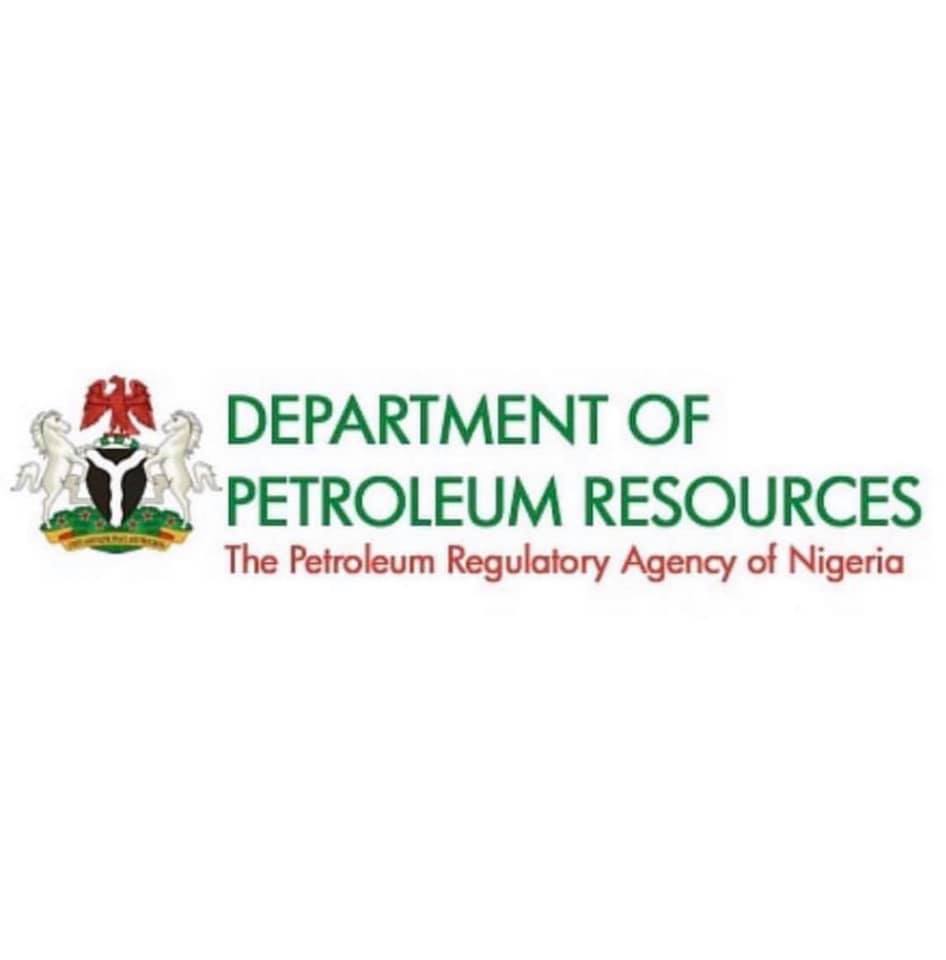The Department of Petroleum Resources has said it is committed to working with all stakeholders to drive and enhance good laboratory practice in the nation’s oil and gas industry.
The acting Director, DPR, Alhaji Ahmad Shakur, said there was a need to begin to chart a definitive and sustainable path towards uncompromised and consistent quality of service and integrity of results.
Shakur spoke at the third oil and gas industry laboratory stakeholders’ workshop in Lagos on Wednesday, with the theme, ‘Enhancing laboratory best practices and capacity building towards promoting sustainable development in the Nigerian oil and gas industry.’
He said the two-day engagement with chief executive officers of laboratories and other stakeholders was geared towards continuous improvement of laboratory practice in the industry.
He said, “Instructively, laboratory practice in the Nigerian oil and gas industry should not only be viewed as a business or money-making venture but should be seen as a critical and sensitive component which inputs are critical for decision-making across the oil and gas value chain.
“Furthermore, the quality and integrity of the data/results churned out from laboratories in our sector of the economy is a critical ingredient in decision making (for both regulators and operators) without which there can be no real value addition and sustainability.”
The DPR boss said the agency had put in place machinery to ensure good laboratory practice in the industry.
Shakur said, “This machinery, which includes the accreditation and permitting process for organisations/ companies rendering laboratory services in the sector, has been further strengthened by the Oil and Gas Laboratories Stakeholders’ workshop since the first workshop, which was held in 2015.
“I would like to reiterate the department’s commitment towards working with all stakeholders to drive and enhance good laboratory practice within the sub-sector, encourage and (where necessary) enforce capacity building with the ultimate goal/objective of promoting sustainable development in the oil and gas industry.”
He urged the participants and other stakeholders to collaborate to make the workshop “a pivotal force that will catapult laboratory practice within the Nigerian oil and gas sector towards a pedestal where it becomes a reference point for international standards and indeed the world’s best.”
The Head of Laboratory Services, DPR, Mr Sikiru Abdulrahman, said the agency had sanctioned many laboratories that were found wanting.
He said, “We will ensure that laboratories do not short-change their clients by ensuring adequate supervision of all their processes from the point of sample collection down to analysis, especially for those samples that really don’t have very low threshold periods before the results are obtained, and up to the point of decision-making.”
News Source: PUNCH.


